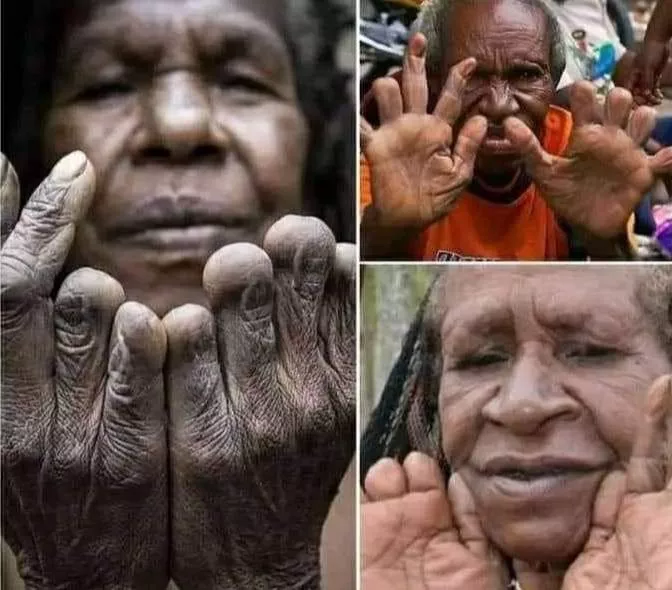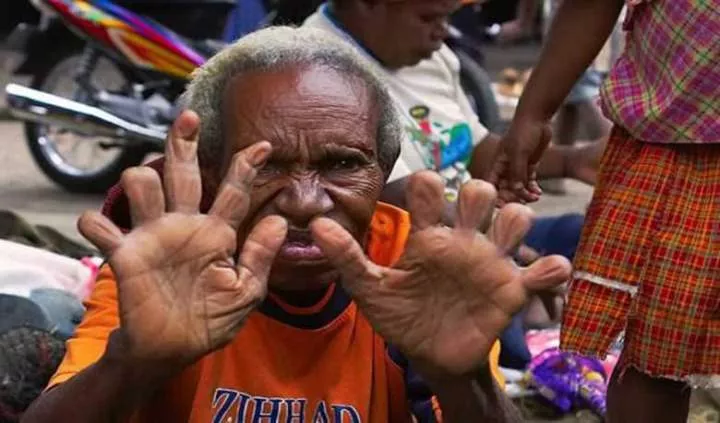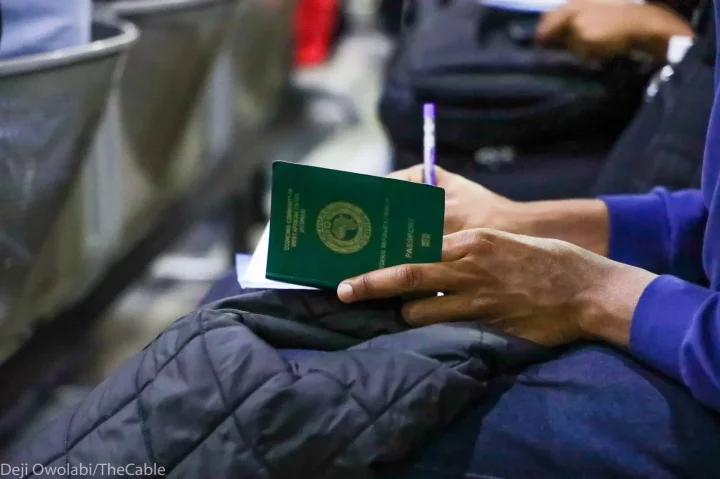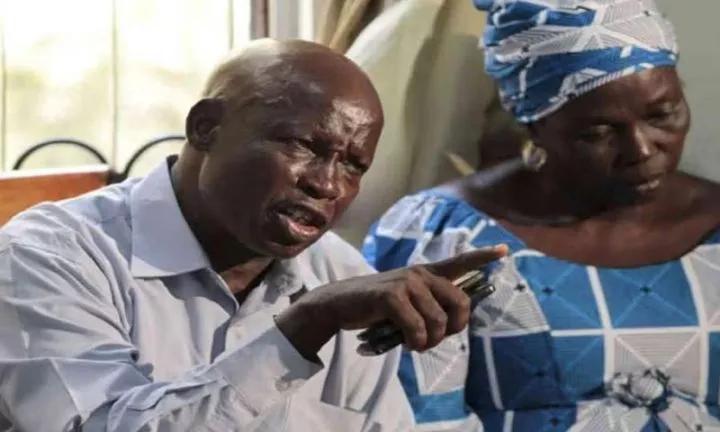
The Dani tribe is an indigenous people living in the Baliem Valley of the highlands of West Papua, Indonesia.
This unusual ritual is a deeply personal and meaningful experience for the Dani tribe.
They are known for their culture and traditions, including one that is particularly striking and unusual: the practice of finger amputation in mourning.
When a beloved member of their community or a loved one dies, the women of the Dani tribe perform an act that may seem extreme to outsiders but is deeply rooted in their traditions.

They cut off one or more of their fingers as a sign of mourning, to ward off evil spirits and help the soul of the deceased pass on to the afterlife.
How is the ritual performed?
The finger amputation ritual is typically performed by a female elder of the tribe. The elder will use sharp tools, typically made of stone, a sharp axe or a knife to cut off the top joint of the woman's finger. The wound is then cauterized with a hot stone or piece of metal to stop the bleeding. The process is painful and can lead to infection but, the women of the Dani tribe typically endure the pain without complaint.
Another thing to note about the Dani tribe's finger amputation ritual is that although it's typically performed on the women of the tribe, men can also participate.
The number of fingers amputated depends on how close the relationship was to the deceased. For example, a woman may cut off one finger for the death of a parent and two fingers for the death of a child.
The Dani people also express their grief by covering their faces in ashes and clay. Some cut off their ears as well, while others smear themselves in the river sludge for a week without taking a bath.
The meaning of the ritual
For the Dani people, finger amputation is a form of sacrifice. Amputating the finger is not only a symbol of grief and loss but is also a way the women of the Dani tribe connect with their ancestors.
Is the ritual still being practised today?
The finger amputation ritual is still practised by some members of the Dani tribe today, but it is less common than it once was. This is due to a number of factors, including the influence of modernisation, Christianity and the Indonesian government's efforts to discourage the practice.

















Comments